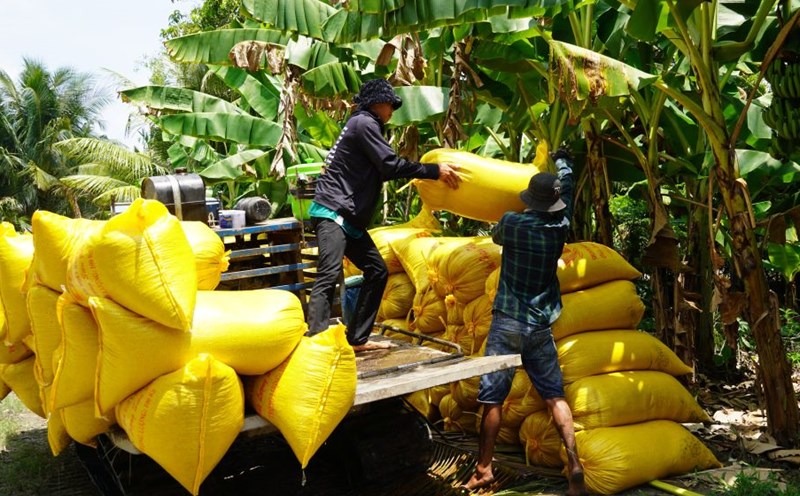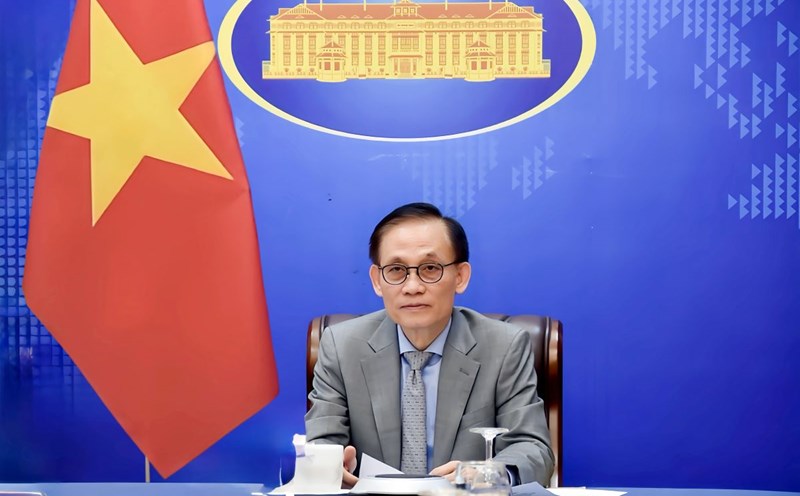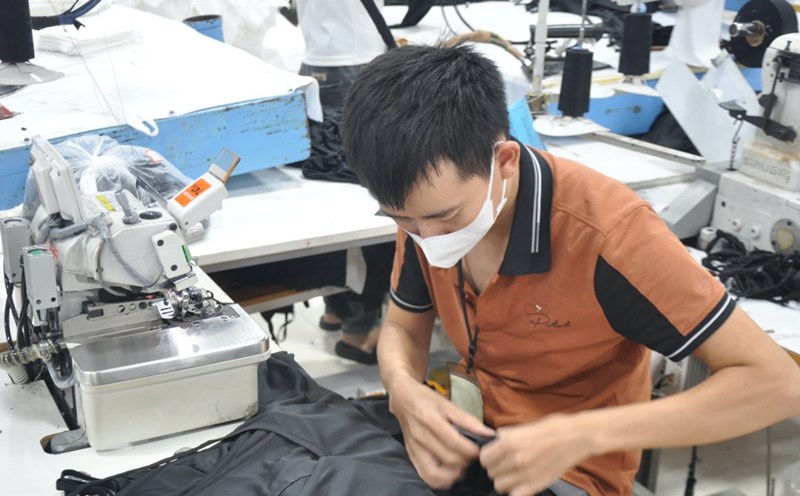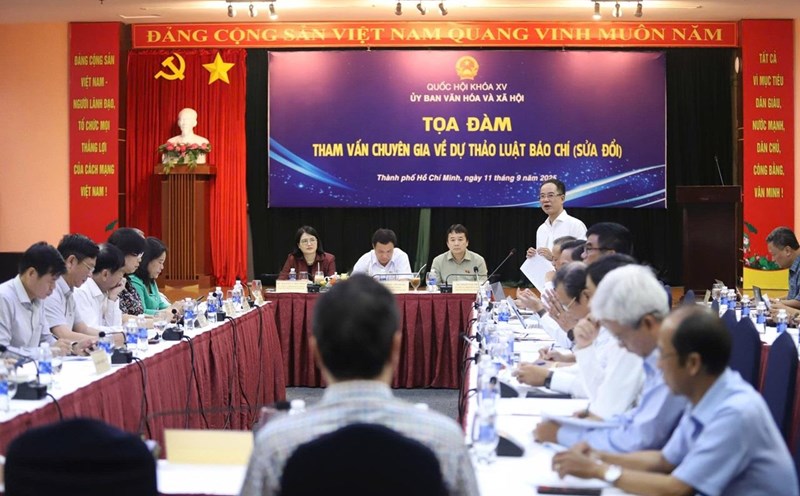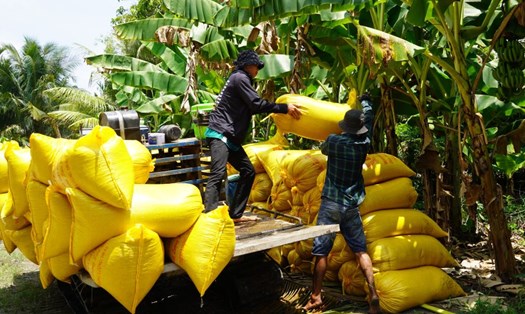Farmers do not need to worry about output
On September 11, the Ministry of Agriculture and Environment held a meeting with associations and businesses to discuss long-term strategic proactive plans for rice exports.
In response to the information that the Philippines and Indonesia have temporarily stopped importing rice since the beginning of September, the Ministry of Agriculture and Environment affirmed that the Vietnamese rice market is not affected much, thanks to the stable operation of the domestic production - consumption chain, timely national reserve resources and many other markets opening up new opportunities.
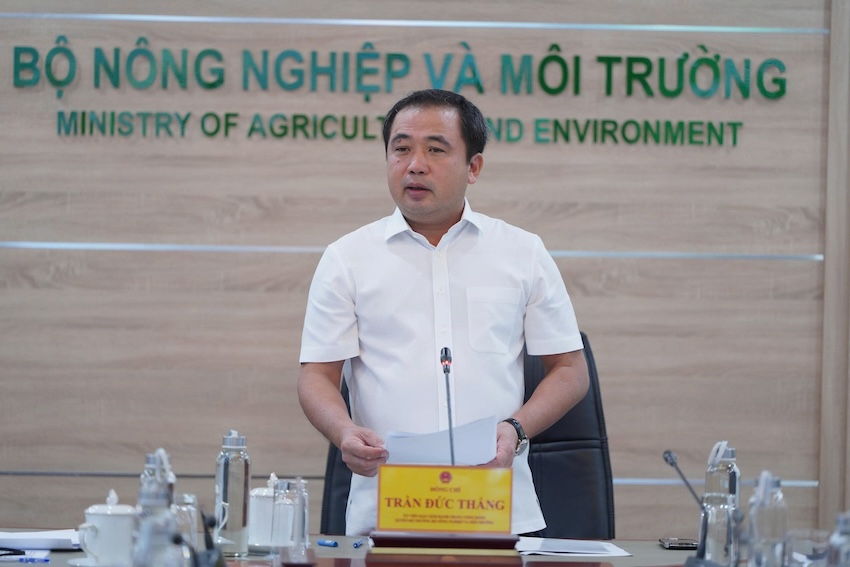
According to the representative of the Department of Quality, Processing and Market Development, by the end of August 2025, the whole country had harvested 3.13 million hectares of rice, reaching an output of 20.52 million tons. The rest of the year is mainly focused on the autumn-winter crop with a plan to sow more than 708,000 hectares in the South. This is an important space to regulate supply and demand if the chain of linkages between farmers, cooperatives and enterprises is operated smoothly.
The Department emphasized that in parallel with production, businesses need to invest in post-harvest infrastructure such as specialized rice warehouses, standard grinding lines and modern preservation technology. Without these chains, the supply chain is likely to be congested when the fall-winter crop enters its peak.
When the infrastructure is fully invested, businesses can temporarily store their strategies, choose a time of sale suitable for international orders and prices, instead of having to sell hastily to rotate capital.
On the side of businesses and associations, all emphasized that farmers do not need to worry about output. Ms. Bui Thi Thanh Tam, Chairman of Vinafood1, affirmed that every person who has rice will buy it. Hundreds of thousands of tons of inventory are being temporarily stored by state-owned enterprises, contributing to maintaining goods supply and stabilizing prices.
Meanwhile, Mr. Tran Tan Duc, member of the Board of Directors of Southern Food Corporation, said that after a short-term price reduction, rice prices have recovered thanks to imports from Africa and national reserve purchases. By September 11, high-quality rice had exceeded VND6,000/kg, while rice usually stood at VND5,000/kg.
Mr. Pham Thai Binh, Chairman of the Board of Directors and Deputy General Director of Trung An, assessed that the summer-autumn crop has basically been harvested, and the Philippines' temporary suspension of imports does not greatly affect the import-export plan.
In addition, some businesses have recommended that the Government support exports and free up inventories in the short term to maintain prestige with international partners.
Production linkages are the key to stabilizing the market
At the meeting, Deputy Minister of Agriculture and Environment Tran Thanh Nam emphasized the dual goal of ensuring domestic food security and maintaining export value, with the principle of production sticking to demand, closely linking and reducing costs.
According to the Department of Crop Production and Plant Protection, rice output is expected to reach an additional 13.8 million tons in the last 4 months of the year, of which the autumn-winter crop of the Mekong Delta alone contributed about 6 million tons. This is a special advantage that countries in the region do not have. This is also considered a "safe haven" for exports, especially when the Philippines has a tradition of increasing imports at the end of the year.
Concluding the meeting, Acting Minister of Agriculture and Environment Tran Duc Thang affirmed that in the short term, Vietnam's rice exports will not be significantly affected. The Ministry has added 5 more agricultural advisories in key markets to promote trade promotion and expand output to Africa and South America.
In addition, the ministry will report to the Prime Minister to direct banks to provide credit incentives, support debt restructuring, and remove obstacles in VAT refunds.



